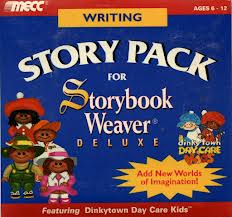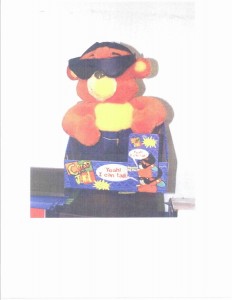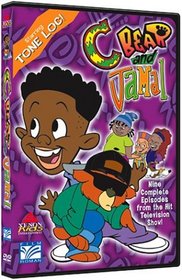
Welcome to the weekend POU!
Well, yet another industry where we spend globs of money OUTSIDE of the community. It took every resource I could find to fill up this week with information and that’s a shame. There are a few (very very few) small African American owned toy companies with the majority of items being dolls, but outside of that, its in the past. Very disheartening. Here is a company that apparently is no longer in business, information just dropped and I suspect this company was bought out by Hasbro or Mattel. The company’s founder was one of a few minorities to rise in the ranks of the toy industry before venturing out and creating his own toy company. Jacob Miles II (now the CEO of GrapevineStar Media) won an award from Black Enterprise in 1994 for his devotion to inspiring kids with creative and educational toys. This is the article accompanying the award:
The Cultural Exchange Entertainment Corporation
(From 1994)
Walk the aisles of Toys ‘R’ Us and you’re bound to meet Rosie. No, she’s not the store manager, nor is she a regular customer. About eight inches tall, Rosie is one of 10 Hollywood Hounds, a line of plush, culturally conscious characters created by Jacob Miles, chairman and CEO of Cultural Exchange Entertainment Corp./Cultural Toys.
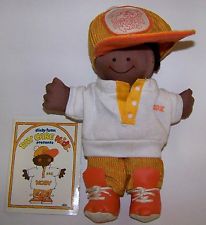
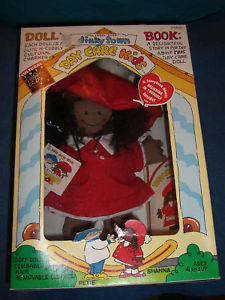
Founded in 1993 by Miles and his wife, Rosalind Bell, Cultural Exchange is the nation’s first African American-owned, full-line toy company. One of only a handful of toy manufacturers, there are few beyond Mattel, Hasbro, Kenner and Tyco — the Minneapolis-based firm produces a wide variety of multicultural toys and electronic learning aids for infants, toddlers and preschoolers.
Other popular products include the Dinkytown Day Care Kids, a multicultural doll line with eight characters from across the globe, the Soft Stack building block set, and C-Bear, a hip, Ray Ban- wearing bear based on the animated series C-Bear & Jamal.
“We’re a children’s entertainment business focused on creating properties and products that speak directly to the African American and multicultural community,” says Miles, who has worked in the toy industry for 25 years.
Miles worked for the aircraft engine group at General Electric before starting his career in toys. But he found that working in a field barely open to African American products or personnel was not easy. “The [toy] industry is not very diverse at all,” says Miles, whose toy career began in 1975 with General Mills’ Kenner Products Division. In fact, while at Kenner, Miles tried to convince the company to create a brown version of the Baby Alive doll, but the idea was initially rejected.
As manager of engineering at Kenner, Miles was involved in the production of several products including the EZ Bake Oven, Play Dough, Care Bears and the eventual implementation of a brown Baby Alive doll. He was also part of the management team responsible for negotiating licensing and manufacturing agreements to turn television and film personalities such as the Six-Million-Dollar Man, the Bionic Woman and the Star Wars characters into toys.
In 1985, after a 10-year stint with Kenner, Miles was wooed away by Tonka Corp., where he served as senior director of operations. During his six-year tenure, he helped develop Pound Puppies, GoBots and the Tonka Trucks. Miles’ career seemed to be flourishing, but he was making minimal progress in his quest to produce culturally conscious toys and dolls.
When Hasbro purchased Tonka in 1991 and shut down its Minnesota operations, Miles decided to branch out on his own and create the types of toys he rarely found on store shelves.

Securing about $2 million in start-up capital through private placement, Miles launched Cultural Exchange. He introduced his products to the retail market at the 1993 International Toy Fair and quickly built a business approaching $1 million in revenues.
The products of the five-employee firm can be found in various stores including Toys ‘R’ Us, KayBee Toys, Target Stores and Kmart. “We also operate through several catalog houses,” he says. Production of the toys is subcontracted to various manufacturing plants throughout the U.S. and China.
To increase African American participation in the toy industry, Miles anticipates opening stores in several inner cities nationwide. “I’d say in my 25 years [in business] I’ve known maybe five African Americans in senior management positions within the toy companies. So, what we’re going to be doing is getting young African Americans involved, not only in the hiring but in the creative generation of toy products.”


